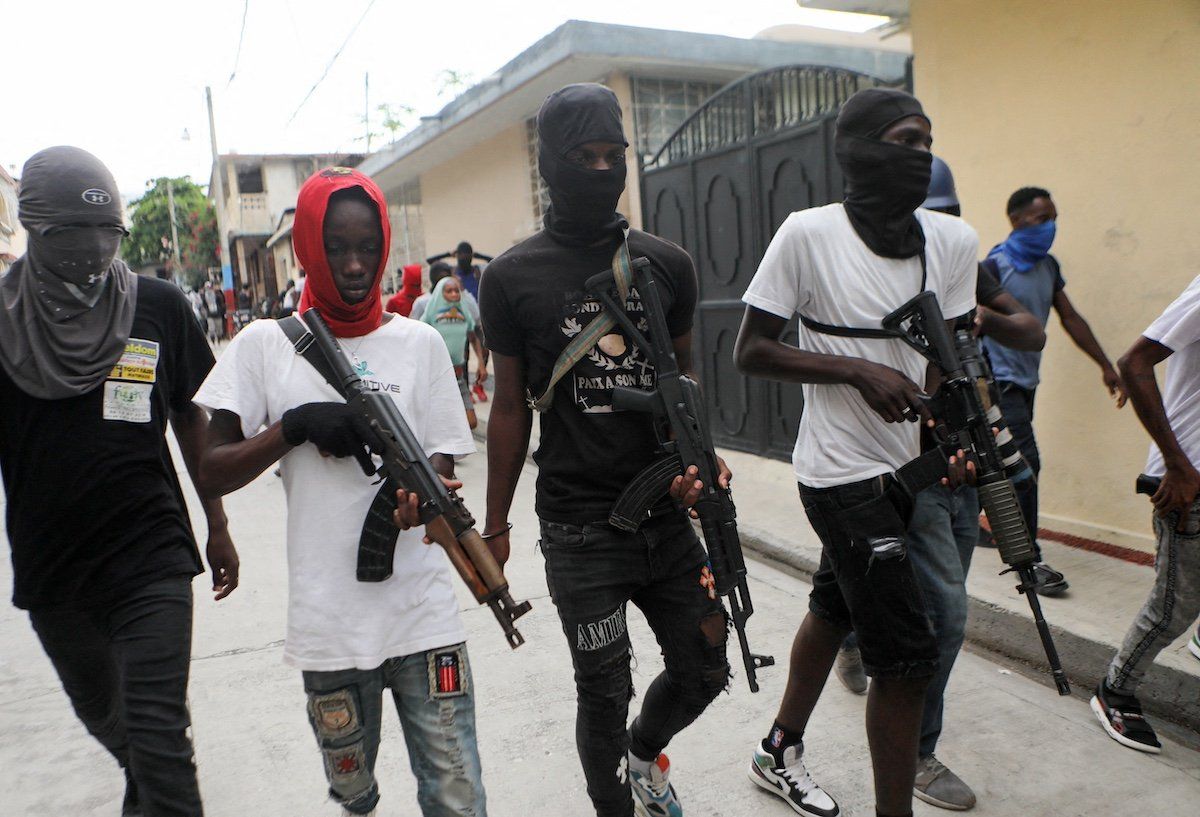There is no clear path to stem the crisis. In October, the UN voted to send a Kenyan-led peacekeeping force to the beleaguered country, which was to include troops from Jamaica, the Bahamas, and Antigua and Barbuda. US Defense Secretary Lloyd Austin visited Nairobi and pledged $100 million to pay for the mission. Despite this, Kenyan opposition politicians were concerned about funding and many saw no justification for sending security forces to a country thousands of miles from their nation’s borders.
Subsequently, Kenya’s High Court blocked the deployment for violating the Kenyan constitution. In November, the Court extended its prohibition until January, despite Kenyan President William Ruto securing passage of a motion in support of the mission.
On Friday, a group of Democrats in the US House of Representatives weighed in, calling on the Biden administration to withdraw support for military intervention and focus on cutting off Haiti’s gangs’ access to arms and ammunition. They also questioned the credibility of the Kenyan-led force, citing the killing by Kenyan security forces of 23 people during demonstrations in Nairobi earlier this year, and asked that the US withdraw support from Haitian President and acting Prime Minister Ariel Henry, who has been implicated in the death of his predecessor Jovenel Moïse.
To date, the Biden administration and other Western governments continue to back Henry with millions in security assistance, and both the US and UN slapped sanctions on four Haitian gang leaders just last week. However, critics question how effective sanctions will be given that the leaders in question are not known to have bank accounts or attempt to travel abroad.
As Haiti’s troubles fuel Republican calls to limit immigration, however, the last thing Biden needs is for members of his party to question his plans for tackling the crisis. And with Kenyan troops only slated to deploy in 2024 at the earliest, that crisis risks being exponentially worse by the time any boots hit the ground.


















